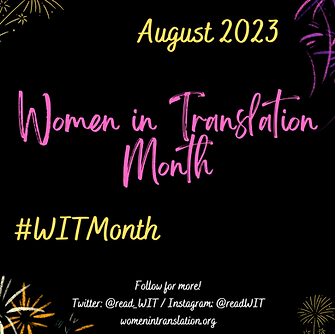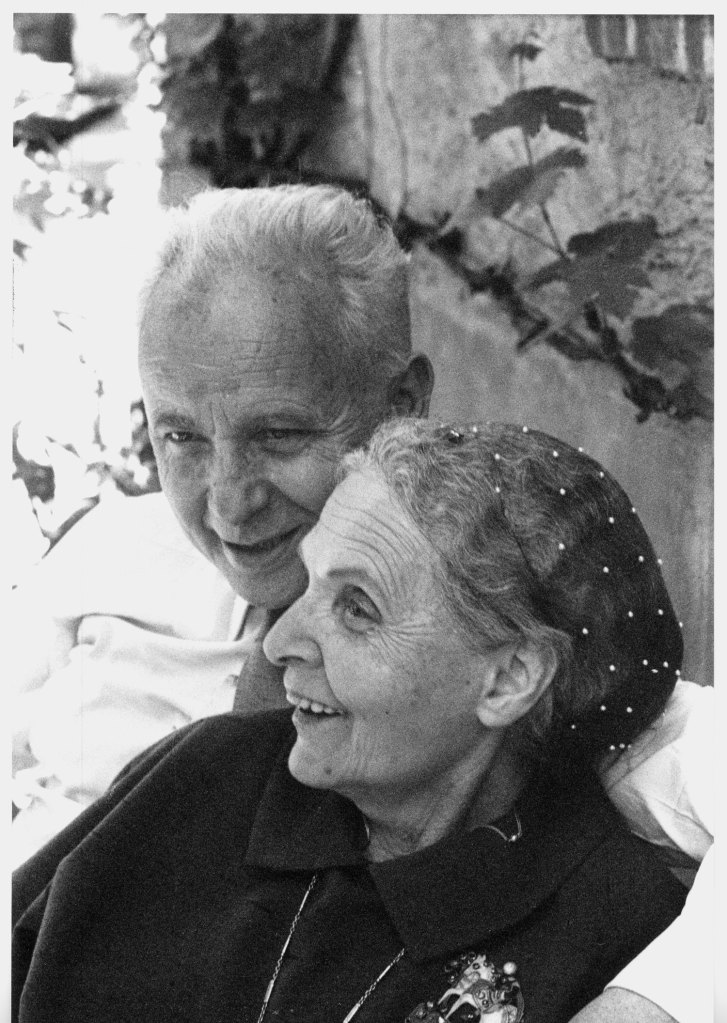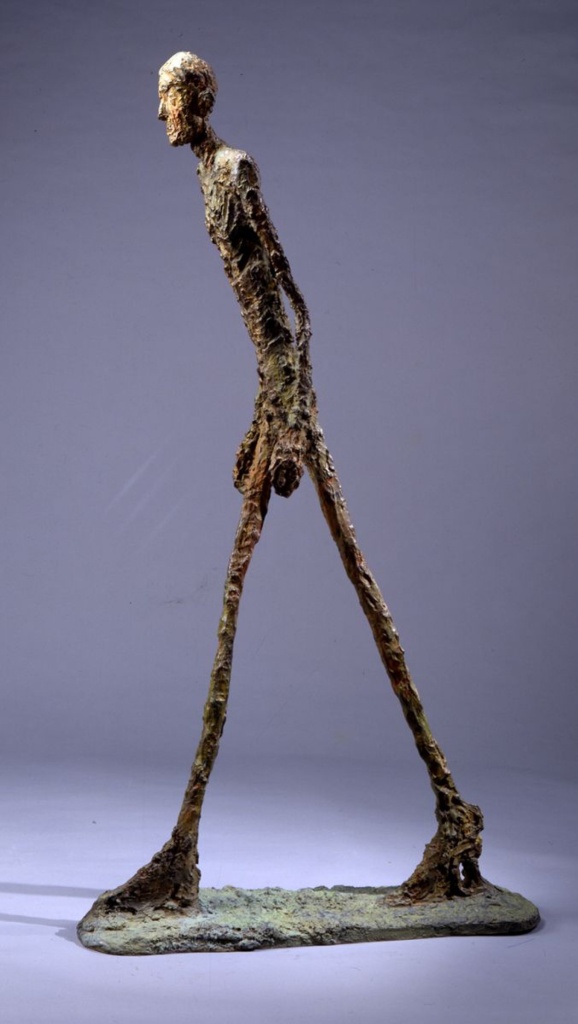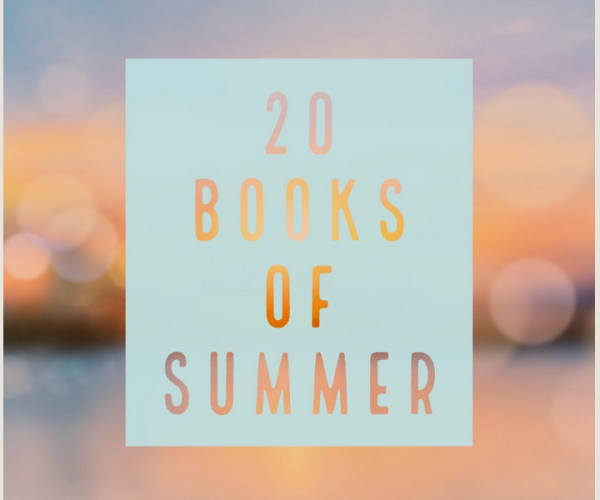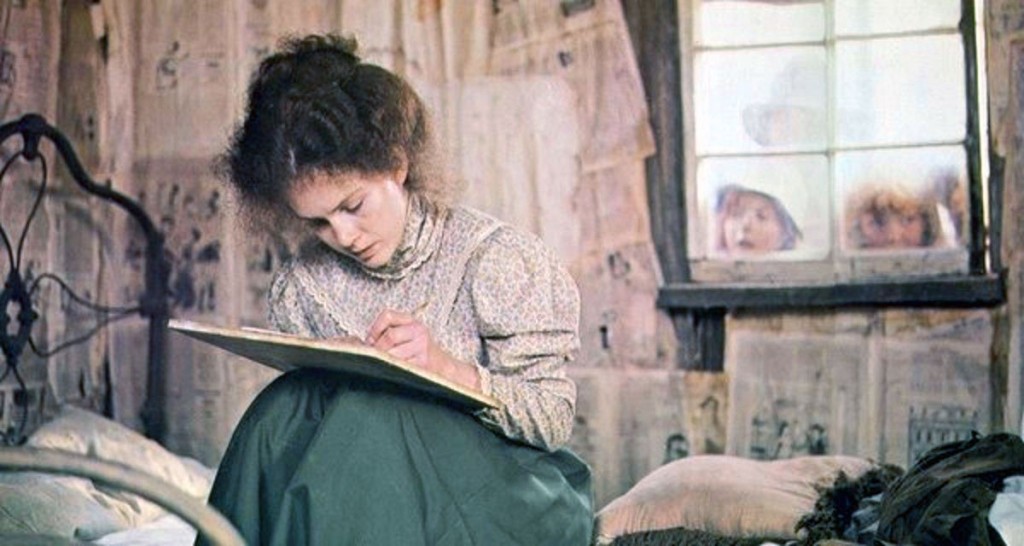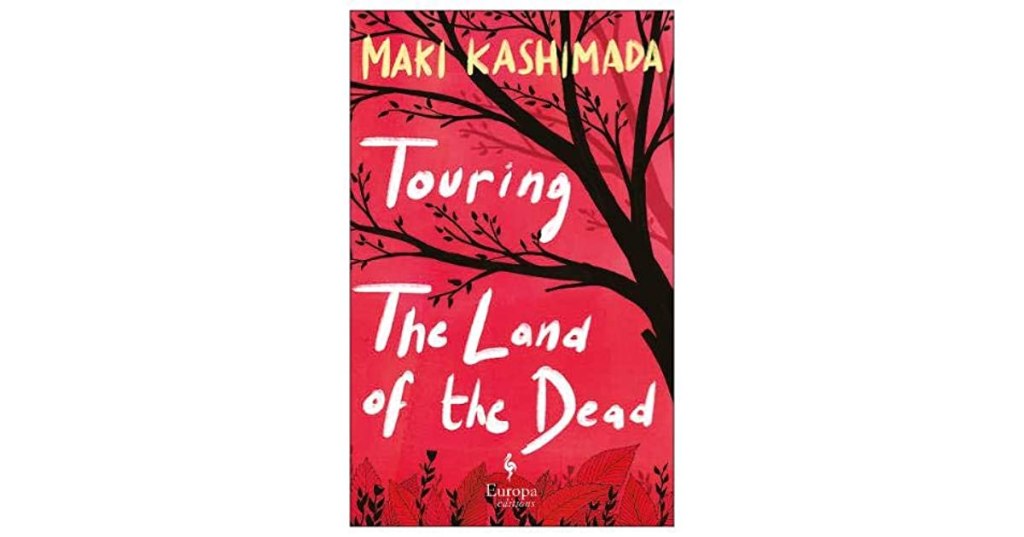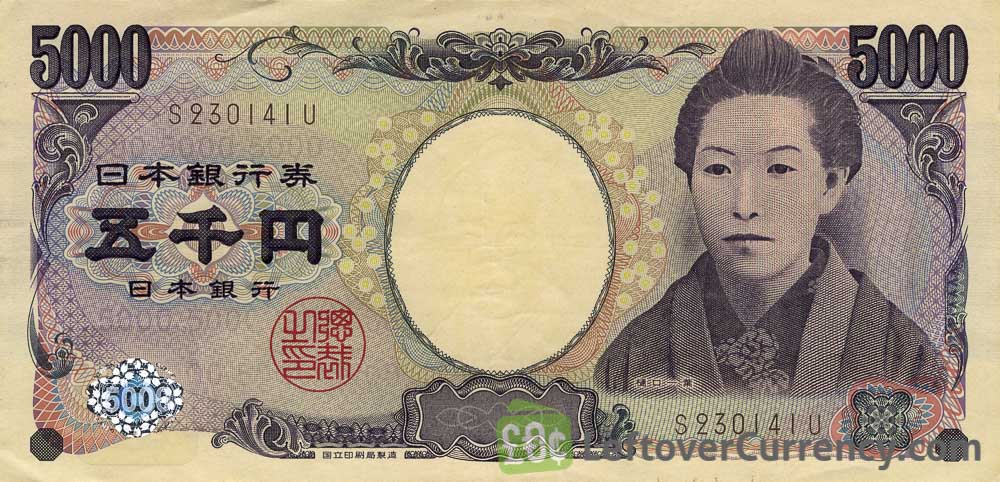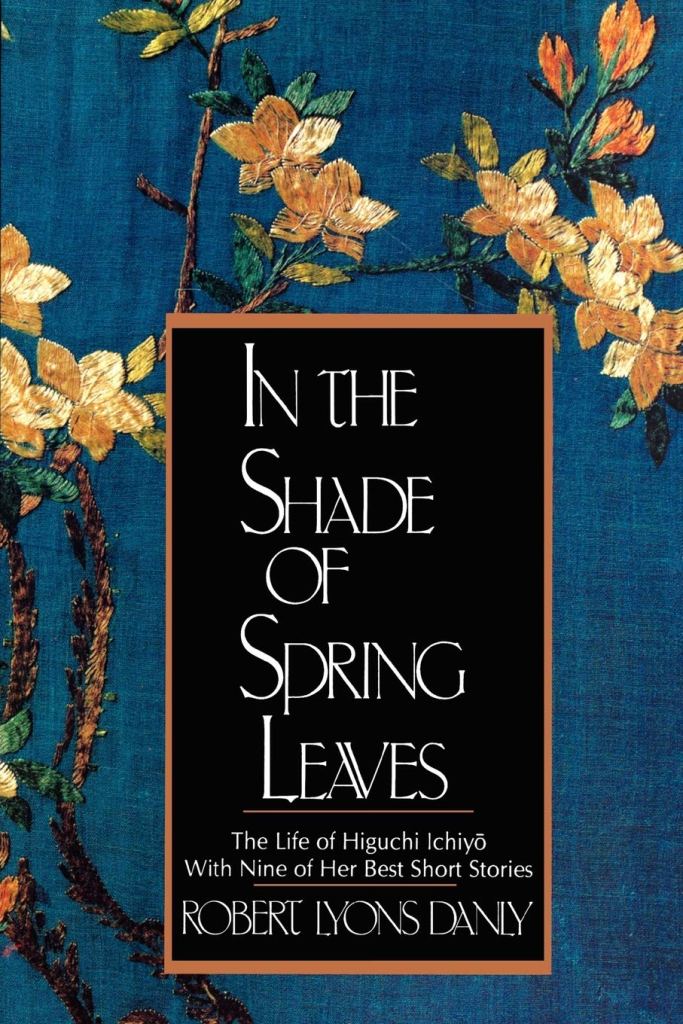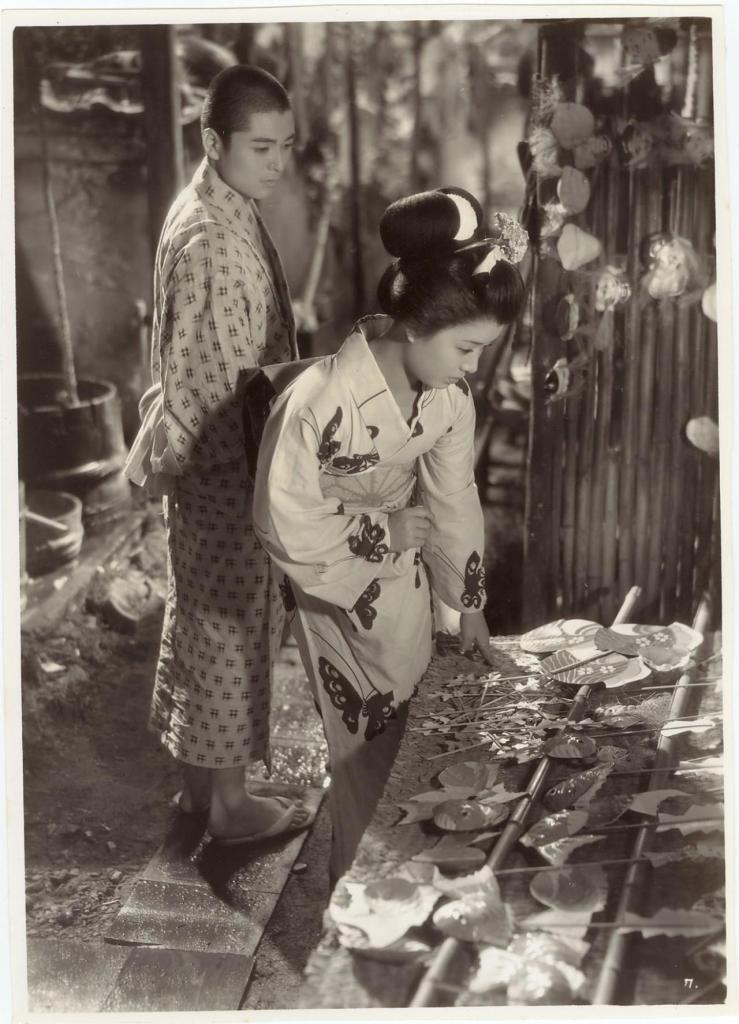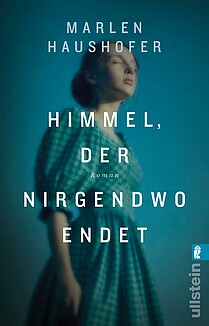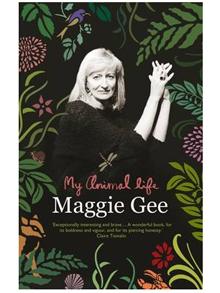I came across the concept of Women in Translation Month in 2013/2014, almost immediately after book reviewer and scientist Meytal Radzinski and translator friend Alison Anderson started tweeting about the paucity of women being translated (in the already quite small proportion of translated literature reaching the Anglophone world). You can find more about the initiative and the impact it has had here.
If you would like to read some Women in Translation this month (or any other month, why not?), here are some of my favourite ones that I discovered thanks to this hashtag over the past nine years.
Virginie Despentes: Apocalypse Baby – I liked this earlier work much better than her celebrated Vernon Subutex trilogy. In that same post, I also review a book by Alice Quinn on similar themes about people on the margins of French society; I called her a ‘Despentes lite’.
Valeria Luiselli has now started writing in English, I believe, but I first started reading her work in translation and Faces in the Crowd probably remains my favourite by her. The title of the book in Spanish is ‘Los Ingravidos – The Weightless’ and that perfectly captures the sense of drifting in and out of lives, floating above and diving into our different selves (the imagined ones, the real ones, the discarded ones). You will occasionally have the impression, like the narrator, that you are ‘the only living girl in a city of ghosts’.
Judith Schalansky’s The Neck of the Giraffe was one of those novels that puzzled me a little to start with, with a very difficult main character, but then it really grew on me. Her story is in many ways the story of my parents’ generation, for whom the fall of Communism came too late and who will never be able to adapt to a new world they do not understand nor like very much.
Clarice Lispector is a force of nature, an outstanding and mysterious writer. I don’t quite know how she does it, but she touches something very deep within me and leaves me restless and wanting more. I’ve reviewed her debut novel Near to the Wild Heart and her short stories, but really you can’t go wrong with any of her works. For a more contemporary, but fun and high-octane take on Brazilian society, I also recommend Fernanda Torres: The End.
I find myself more and more drawn to South American writing, which feels closer in style and preoccupations with what I’ve been used to in Romania. The themes are indisputably tough, but it can be an exhilarating read, as with Fernanda Melchor’s Hurricane Season (seldom has a book had a more fitting title, it’s a hurricane of a read)
Svetlana Alexievich is a must-read – straddling something between anthropological fieldwork and creative non-fiction. The Unwomanly Face of War explains perhaps better than most how ordinary Russians feel about war and why they mostly go along with the war in Ukraine also. As a complete contrast to this, you might enjoy the witty, clear-eyed accounts by Teffi of Russian society both inside the country and then in exile abroad in the first half of the 20th century.
I always recommend contemporary Japanese women writers, who are always so much more interesting, imaginative and experimental than the better-known male ones. Here are some short story recommendations. One of my favourite discoveries of recent years, however, is Mieko Kawakami. Breasts and Eggs was the book that got her most attention, but I was more moved by Heaven and Ms Ice Sandwich.
Olga Tokarczuk is an amazing writer and I’m pacing myself so that I don’t run out of her books that have been translated into English. For those new to her work I’d particularly recommend Drive Your Plow Over the Bones of the Dead .
When I read Lucy Fricke’s Daughters, it had not yet been translated into English, but thanks to V&Q publishers, it has now. A sort of middle-aged Thelma and Louise road trip with a lot of humour and tenderness.
I tend to read most German language books in November for German Lit Month, but one author I discovered during #WITMonth and who has become an absolute favourite of mine, to the point where I am dying to translate even the smallest scrap of writing by her, is Marlen Haushofer. I started with The Wall and then got everything by her I could lay my hands on. Not everything has been translated and most of the books are out of print, but I’d recommend The Loft too.
Finally, let me share some Women in Crime Fiction Translation recommendations with you, as featured in our most recent Corylus Books newsletter:
- From Barcelona, Spain: Teresa Solana’s collection of dark and humorous short stories The First Prehistoric Serial Killer. If you like Teresa Solana, watch out for the start of a new series by her which we will be publishing in autumn 2024.
- From the Basque country, Spain: Dolores Redondo’s atmospheric Baztan trilogy, starting with The Invisible Guardian. If you are fascinated by borders in that region, you might like Antonia Lassa’s Skin Deep.
- From France, the always enigmatic and atmospheric prose of Fred Vargas, including personal favourite Seeking Whom He May Devour (because it’s set in the mountains)
- From Argentina, crime fiction by Claudia Pineiro that was shortlisted for the International Booker Elena Knows. Watch out for another author from Argentina, Elsa Drucaroff, whose novel about a political assassination we will be publishing in early 2024.
- From the frozen Arctic Circle, the last in the Rebecka Martinsson series by Asa Larsson, The Sins of Our Fathers
- If you like psychological twisters from Japan, you’ll love Natsuo Kirino’s Out or Kanae Minato’s Penance
- If you like unconventional, strong women investigators, you will be riveted by Simone Buchholz’s Chastity Riley; start with the first in the series Blue Nights. Delighted to say that one reviewer has already compared Tony Mott’s Gigi Alexa to Chastity in terms of their intelligence, desire for independence and sometimes bad choice in men!
- Lastly, if you like historical crime fiction, you might enjoy the portrayal of dangerous, complicated life in 1930s Leningrad by Yulia Yakovleva, Punishment of a Hunter. Just as complicated as life in Berlin in 1961 when the Wall came up, so watch out for news about our latest acquisition – a German crime novel set during that period (details to come in the September newsletter – you can sign up to the newsletter here)
Well, I hope I’ve contributed at least a little bit to filling in the bingo-sheet below. Happy to suggest any more if you have specific questions!
